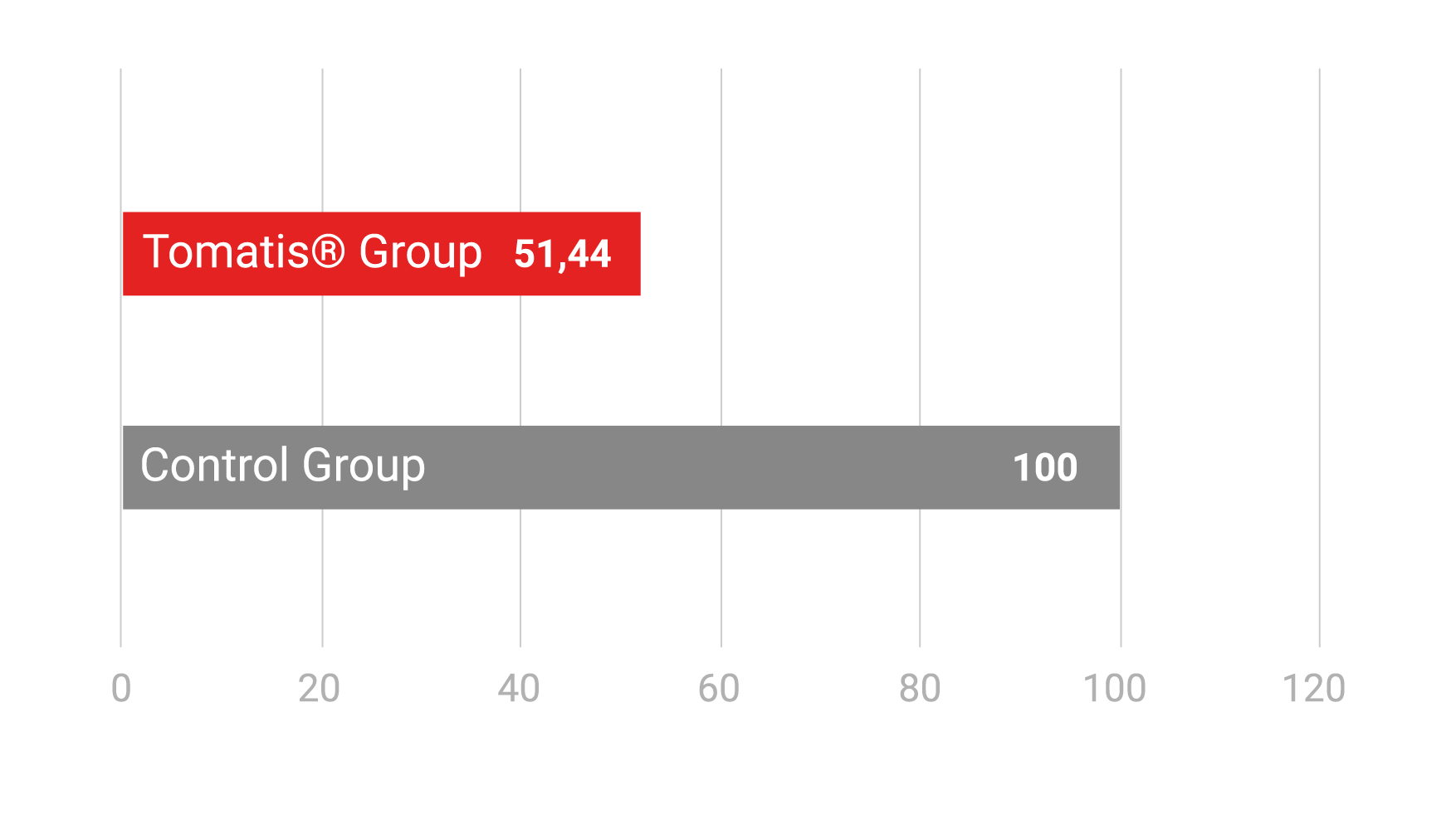Briser les barrières de l'anglais


Notre langue maternelle nous enferme.
Lorsque nous avons appris à parler, nous avons progressivement appris à nous concentrer sur les sons de notre propre langue. C’est un processus cognitif appelé « codage linguistique » qui s’opère durant la petite enfance. Ce processus est à la fois nécessaire et très puissant. Il compromet, par la suite, notre capacité à ouvrir notre oreille pour bien parler une autre langue.
Notre cerveau est malléable
Il est capable de développer de nouvelles connexions cognitives. C’est ce qu’on appelle la neuroplasticité. Basé sur la Méthode Tomatis®, Prononce vise à favoriser ce processus.


<span data-metadata="<span data-buffer="Pronounce va vous surprendre
Notre cerveau a besoin d’être stimulé pour apprendre et développer de nouvelles compétences comme parler anglais. En surprenant votre cerveau, les filtres dynamiques du casque visent justement à permettre cette stimulation de façon naturelle et répétée.
Pronounce vous parle
Les filtres sont spécialement réglés pour favoriser les fréquences de l’anglais et ainsi apprendre à notre cerveau à y prêter une importance particulière. Sous l’effet de la répétition, progressivement notre oreille et notre voix assimilent ces fréquences pour nous aider à décoder plus facilement l’anglais.

Bande fréquentielle privilégiée dans différentes langues.
A l’origine, une étude scientifique approfondie
Une importante recherche menée par l’Union Européenne auprès de centaines d’apprenants a prouvé l’efficacité de notre technologie pour apprendre l’anglais. Avec Pronounce, nous avons décidé de l’intégrer au sein d’un casque accessible afin de démocratiser cette technique.
L’étude conclut :
“Que les groupes d’élèves qui suivent un entraînement de perception sonore (Tomatis®), comme support à un cours traditionnel, réduisent de moitié le temps nécessaire d’apprentissage d’une langue étrangère.”
* Etude nommée Audio Lingua réalisée pendant 3 ans dans 5 universités européennes dans le cadre du programme Socrates. L’étude a porté sur l’amélioration de la compréhension auditive et de l’expression orale dans l’acquisition d’une langue étrangère grâce à des instruments d’entraînement à la perception sonore issue d’une technique originale appelée Méthode Tomatis®.
Cet entraînement n’est pas basé sur la grammaire, le vocabulaire ou la syntaxe d’une langue spécifique. Au contraire, il travaille sur l’aspect sonore d’une langue : rythme, mélodie, intonation, sons. En savoir plus
Echelle de compétences linguistiques (sur 100)

Compétences linguistiques définies par le CITO (National Institute for Educational Measurement in Netherland).
Durée nécessaire pour obtenir
le même résultat (sur 100)

Durée nécessaire pour obtenir le même résultat : basée sur les résultats obtenus des compétences linguistiques




